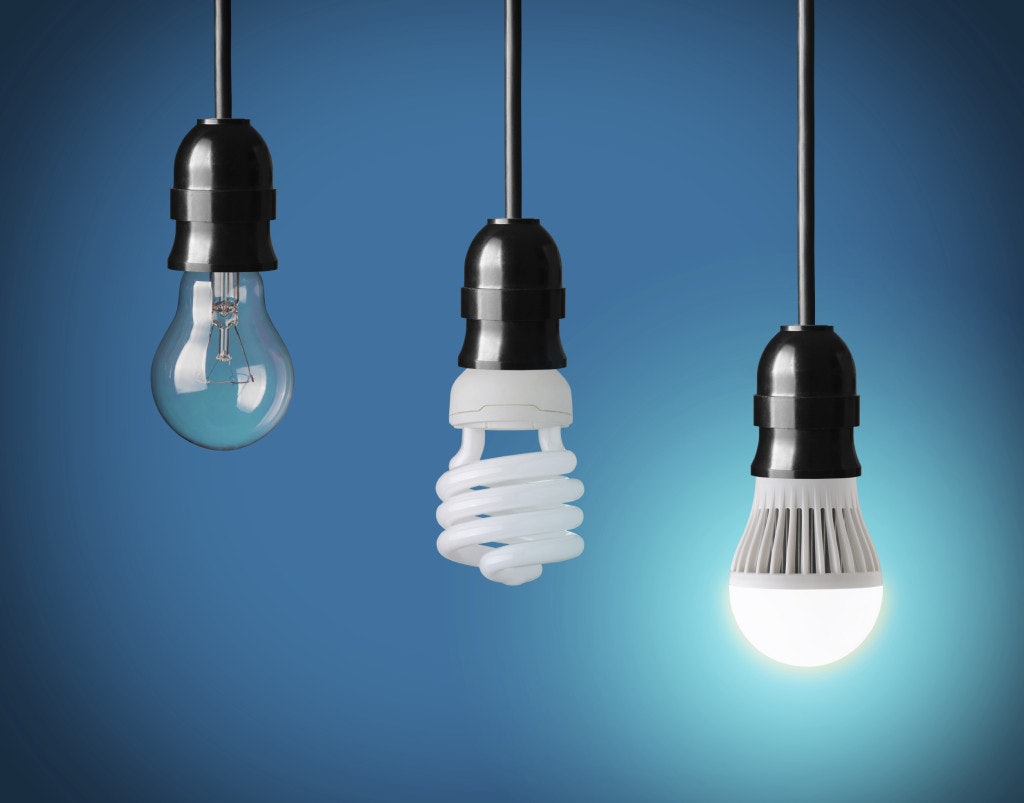The top 7 questions you’ve asked Google about renewable energy

As the clean energy industry gains momentum, most of us are curious to know more about its benefits, how it works, and what it costs. But what are the biggest questions we all still have about renewables? We took a look at the top questions you’ve asked Google and provided some insight. Energy can be confusing, but with the right resources, we can all make better choices when it comes to our power.
1. Does renewable energy cause pollution?
Though all energy sources impact the environment to an extent, renewable energy produces close to no pollution and far less than fossil fuel energy. Let’s focus on wind power. Wind turbines produce no greenhouse gas emissions while they’re operating, but give off very small amounts during their production, transportation, and construction on-site. It is estimated that wind turbines generate between 0.02-0.04lbs of carbon dioxide equivalent per kWh during their life-cycle, whereas coal-generated electricity produces 1.4-3.6lbs. That’s up to 90x more pollution!
2. How can renewable energy help climate change?
Since renewable energy sources, like solar and wind power, emit close to no greenhouse gases, they can actually help reverse the effects of climate change. Climate change is caused by global warming, or when excess greenhouse gas molecules in the atmosphere absorb heat and radiate it back towards earth’s surface. If we adopt renewable energy, we produce fewer greenhouse gasses and, thus, we reduce the negative effects of global warming, including rising sea levels and disruption of natural climate patterns.
3. Can clean energy replace fossil fuels?
Yes! However, despite falling costs, wind and solar only produce a little over 5.5% of the world’s electricity. A few countries, as well as several states in the U.S., have ambitious goals for reducing their greenhouse gas emissions. Germany, for instance, aims to run on 80% renewable energy by 2050. The shift to 100% clean energy will depend on small-scale progress and cooperation, but it is doable.
4. Is clean energy cheaper?
The common assumption that clean energy breaks your bank is incorrect. Currently, fossil fuel generation costs between $0.05-0.07 per kWh in the US, while renewables are expected to cost $0.03-0.10 by 2020. Soon, turning to renewables won’t be just an environmentally conscious decision, but an economical one too. If you live in a deregulated state or a state with community solar, Arcadia can actually save you money each month on your utility bill given the availability of energy options in your area.
5. Who can use solar energy?
Not everyone has the proper roof or resources to accommodate solar panels. However, community solar is an option that is becoming increasingly available nationwide and doesn’t demand the same long-term commitment, upfront cost, or construction as rooftop solar. With community solar, electricity is shared by more than one household, and you can subscribe to a project available in your area even if you rent and live in an apartment.
6. Is community solar worth it?
Community solar is a more cost-effective way to switch to solar than installing panels. And it’s available to people who cannot install solar panels on their roof for a myriad of reasons. With dropping prices and growing availability of community solar, nearly everyone will soon be able to access solar power with no maintenance and no panels on their roof.
7. How does wind energy work?
Wind turbines send the wind’s energy to power a generator which creates electricity. Although the electrical output of a wind turbine depends on its size and the wind’s speed, it is estimated that nearly 25 million US households can be powered by the United States’ current wind capacity. Becoming one of those households is easier than you think. For example, wind energy is easy to access through Arcadia in as little as two minutes by simply connecting your utility account.
Hopefully, we have saved you a few Google searches and got you up to speed on the renewable energy industry. There is a good amount of information out there already and new technologies are being created every day - so there is always something new to learn.
To learn more about renewable energy, check out or recent blogs Community solar: How it works and Types of Wind Turbines Used Today.
